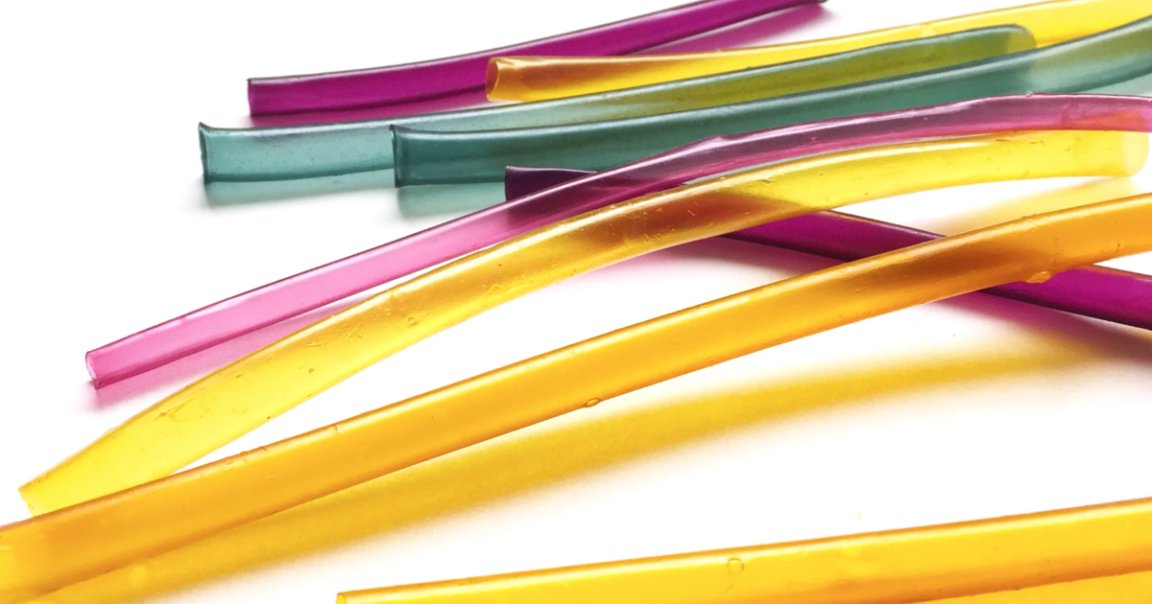
Seaweed Sippers
Every day, Americans use an estimated 500 million plastic straws — and the vast majority are ending up in landfills or oceans, where they’ll likely remain for hundreds of years.
More and more locations are starting to ban these straws, but rather than asking people to live a straw-less existence, a startup called Loliware thinks we should provide them with an environmentally friendly alternative — and that’s why they’re now proposing we sip our sodas through seaweed.
Breaking It Down
Loliware has developed a straw that the company’s sustainability adviser, Daniela Saltzman, told Business Insider “looks, feels, and acts like plastic.” However, it’s actually created out of “hyper-compostable” seaweed that biodegrades much like a banana peel on land and breaks down in weeks in water.
“A disposable product that’s built to last for centuries — i.e., a plastic straw — makes no sense,” Saltzman said, “but one that can be composted or safely biodegrades in the ocean, that’s obviously fine.”
This summer the company will begin shipping its seaweed straws to several customers, including hospitality chain Marriott and beverage company Pernod Ricard.
By the end of 2020, Loliware expects to be able to produce 30 billion straws in a variety of styles, according to a Fast Company story, and it’s aiming for a production cost about the same as paper straws.
Grasping at Straws
Loliware isn’t the first company to produce an alternative to plastic straws, but existing options leave much to be desired.
Reusable stainless steel straws can be a pain to clean, bamboo ones can leave a woody taste in the drinker’s mouth, and glass straws are a bad idea for klutzes prone to dropping things.
Paper straws are disposable, so that’s a benefit, but they can also become mushy quickly and cause whatever you’re drinking to taste like, well, paper.
According to Loliware, its seaweed straws only start to turn soft after 18 hours of use. They also have a “neutral” taste, CEO Chelsea Briganti told Business Insider, and while the straws are edible, she doesn’t recommend eating them.
“It can be eaten, but this is not a food per se, or a snack,” she said. “Don’t expect to eat your whole straw as if it’s a candy.”
READ MORE: These Straws Work Like Plastic, but They’re “Hyper-Compostable” [Fast Company]
More on plastic pollution: Stop Whining That Your Plastic Straws Are Disappearing. Be Glad They’re Not Ending up in Oceans.